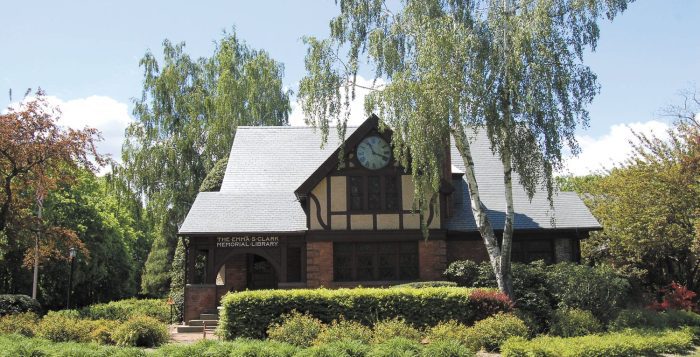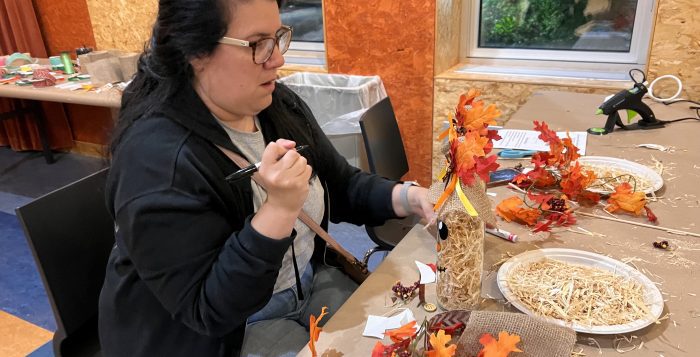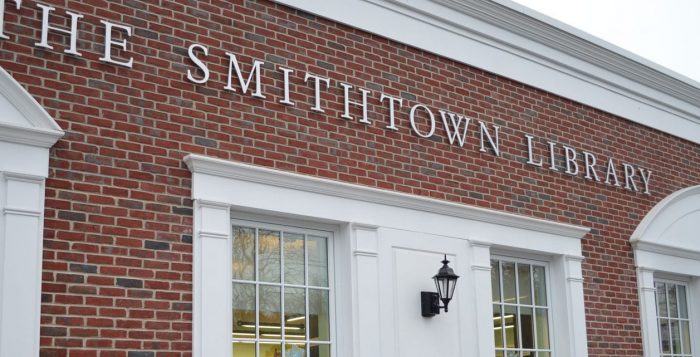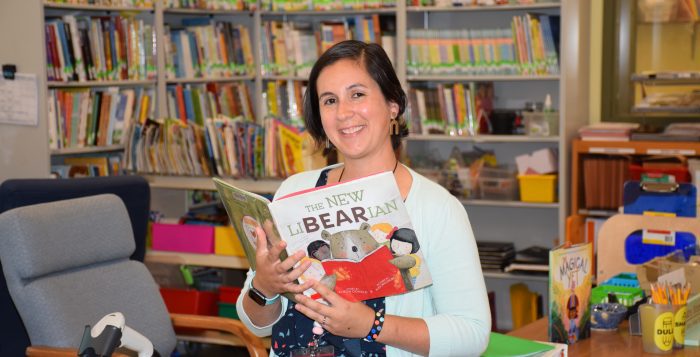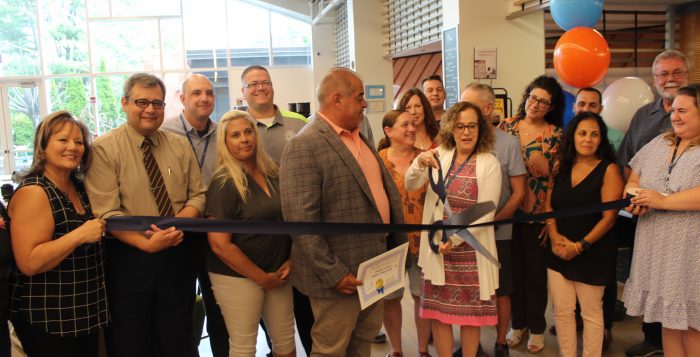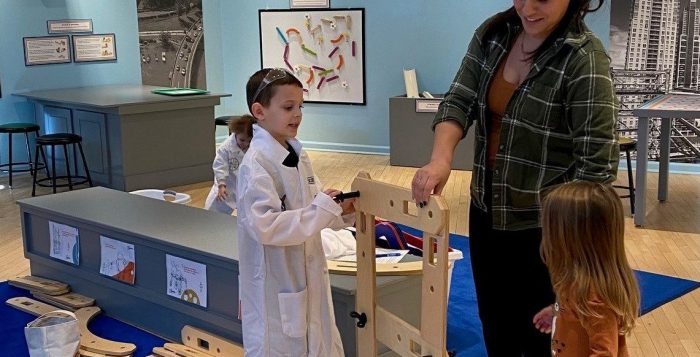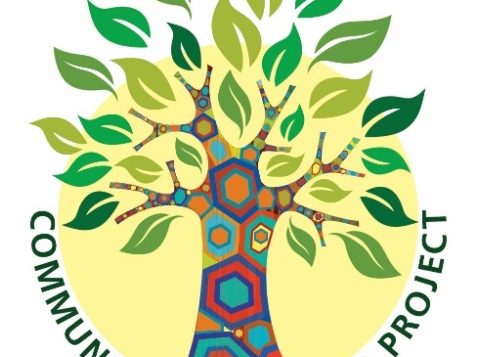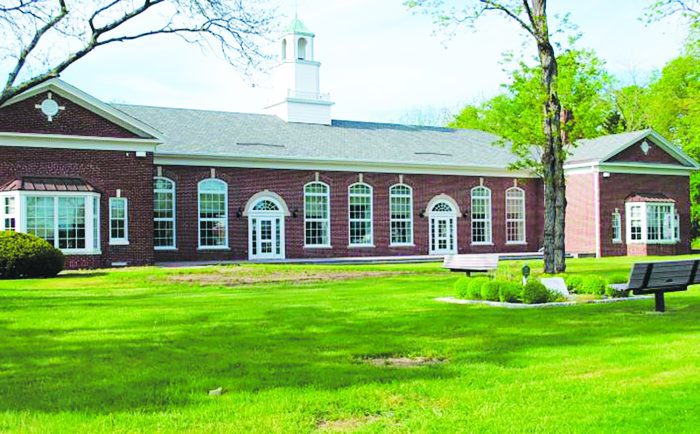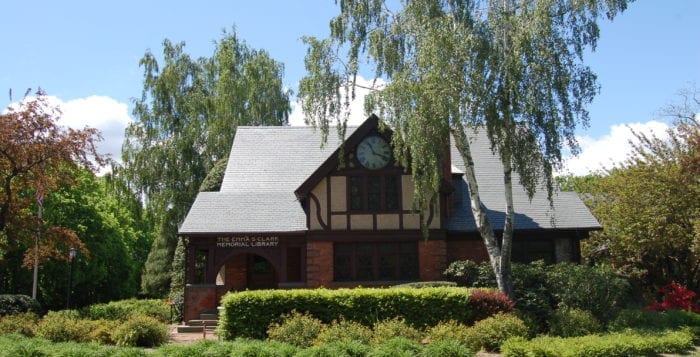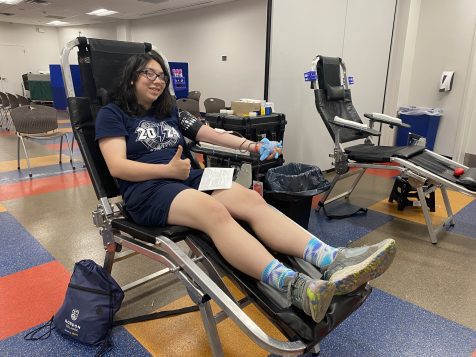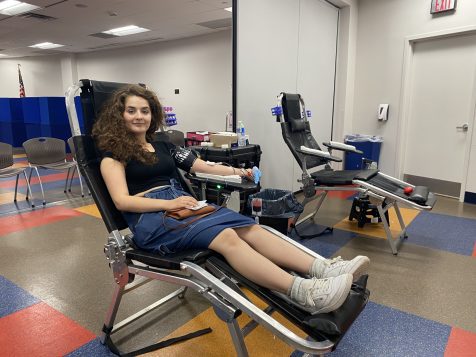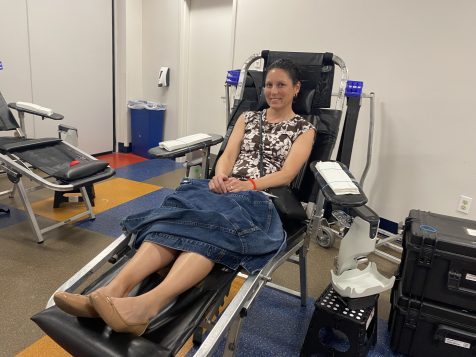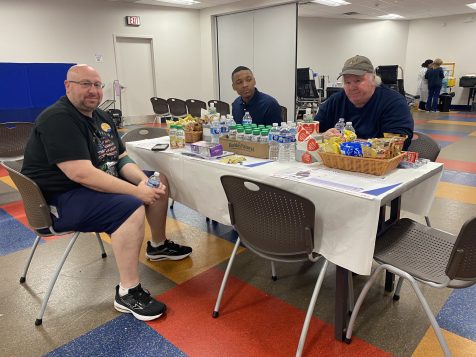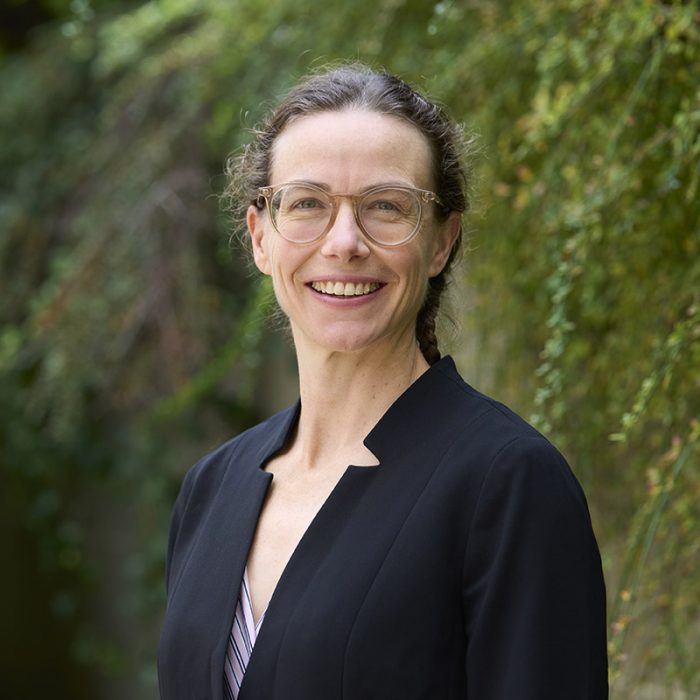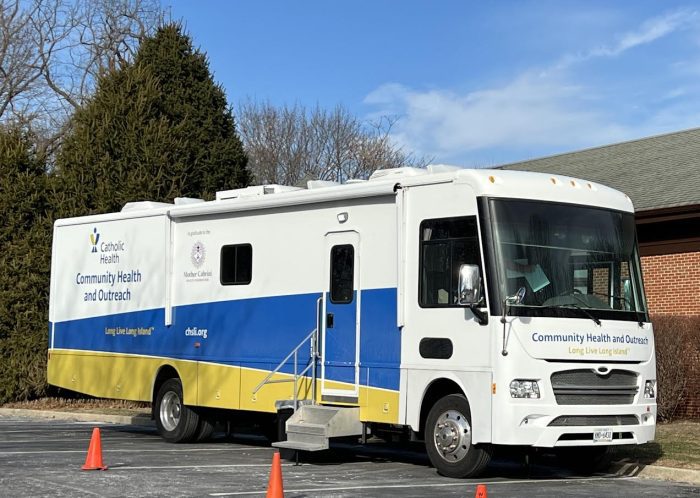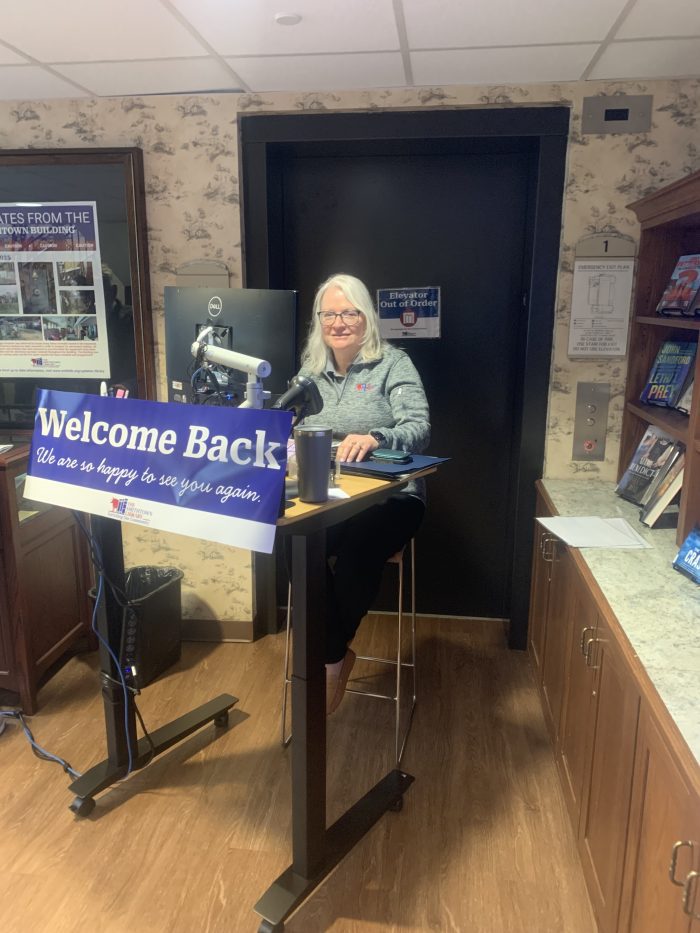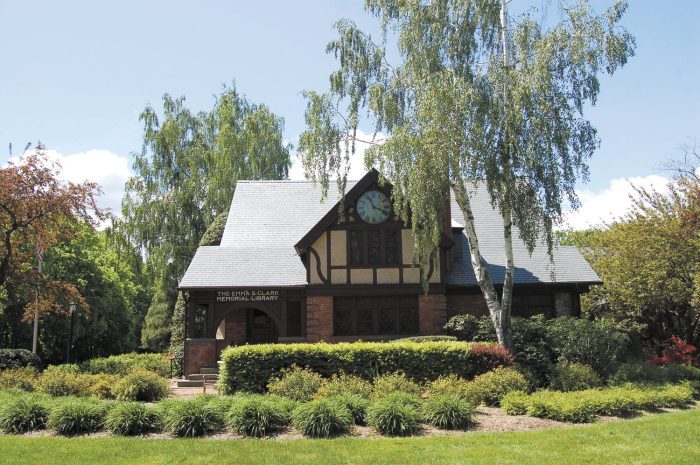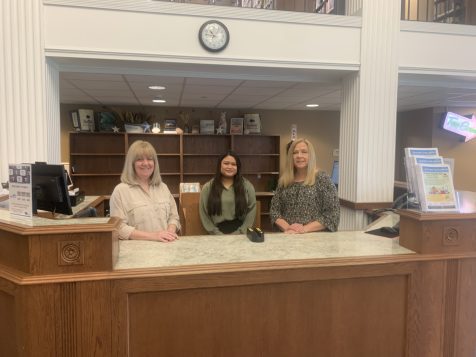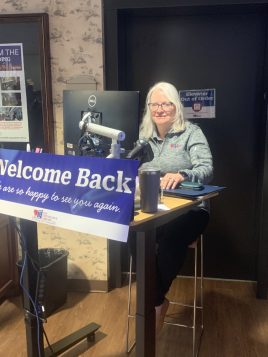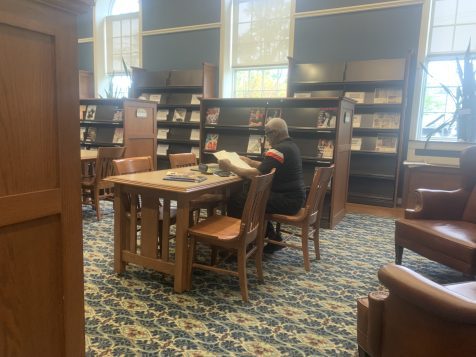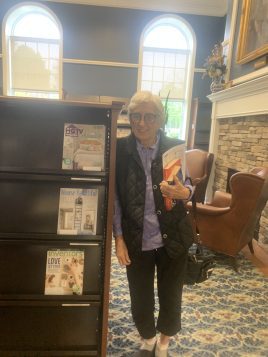Smithtown Special Library District Board of Trustees adopt resolution to move forward with public vote on financing for capital improvement project Public vote to be held on Tuesday, July 1
At its May 6 special meeting, the Board of Trustees of the Smithtown Special Library District adopted a resolution to proceed with a community vote on Tuesday, July 1, on the financing of capital improvement work. The Board is proposing renovations to the Library’s Smithtown Building, located at One North Country Road, to address damage caused by the catastrophic storm of August 2024.
“As most residents are aware, the Smithtown Building suffered devastating damage to its lower level due to the tremendous level of flooding experienced from the storm,” Library Director Rob Lusak said. “The lower level remains unusable and in need of significant renovations. It is our hope to reimagine and rebuild the space so that it can once again serve as a vital resource for the community.”
Funding will be used to renovate the space to house the Library’s LearnLab (the makerspace area), a podcast studio for community use, study areas and room for Literacy Suffolk, which provides literacy services to adults.
Additionally, the lower level will accommodate the Library’s newly established Government Services Department, which will house the Patent and Trademark Resource Center and Passport Acceptance Facility. It will also house the Library’s new Federal Depository Library collection, which will provide free and open access to government documents.
“Our Library was designated as a federal depository library last summer; however, due to the flood, we were not able to allocate space for this collection,” Lusak said. “We’re pleased to make this significant addition available to the community.”
The Richard H. Handley Collection of Long Island Americana (better known to residents as the “Long Island Room”) will be relocated to the first floor of the building in museum-quality shelving with temperature and humidity controls, UV-protective glass and other archival standards in place to preserve and protect the historic documents.
The total cost of the proposed construction is not to exceed $16.5 million. While it is anticipated that FEMA funding and/or funds from other sources will be used to pay or reimburse all or most of the improvement costs, the Library must plan to finance the full amount to ensure the project can move forward without delay, regardless of the timing or availability of outside funding.
This will be done using a combination of bond financing (including the use of bond anticipation notes, “BANS”) to fund the work in a responsible and cost-effective manner. BANs are one-year notes that allow the Library to begin construction while it waits for reimbursement from FEMA. This approach affords the Library the flexibility to finance only that which it needs and therefore potentially reduce borrowing costs. Once the project is underway, the Town may issue long-term bonds to repay the BANs and spread the cost of the improvements over time.
Should FEMA and/or alternate funding not be available (as unlikely as that may be), the anticipated cost of the project to the average homeowner in the Smithtown Special Library District is estimated to not exceed $36 per year for the maximum 15-year term of the financing.
The referendum will be held on Tuesday, July 1 from 9:30am to 9:00pm at all four Library buildings. Polling sites are determined by a resident’s home address and the Suffolk County election districts.
A Community Open House information session is scheduled for residents on Tuesday, June 24, from 7:00-9:00pm at the Smithtown Building, located at One North Country Road. All Smithtown Library District residents are encouraged to attend to learn more about the proposal and ask any questions they may have prior to the vote.
“Our libraries are at the heart of the Smithtown community and provide vital resources and programs for residents of all ages,” Lusak said. “I encourage community members to learn more about the proposal and how we are reimagining a new chapter for our building, and to participate in the vote on July 1.”
All information related to the proposal, as well as detailed voting information, can be found on the Library’s website, www.smithlib.org. A special mailer will be sent to all Smithtown Library District residents in June detailing the bond proposition.

